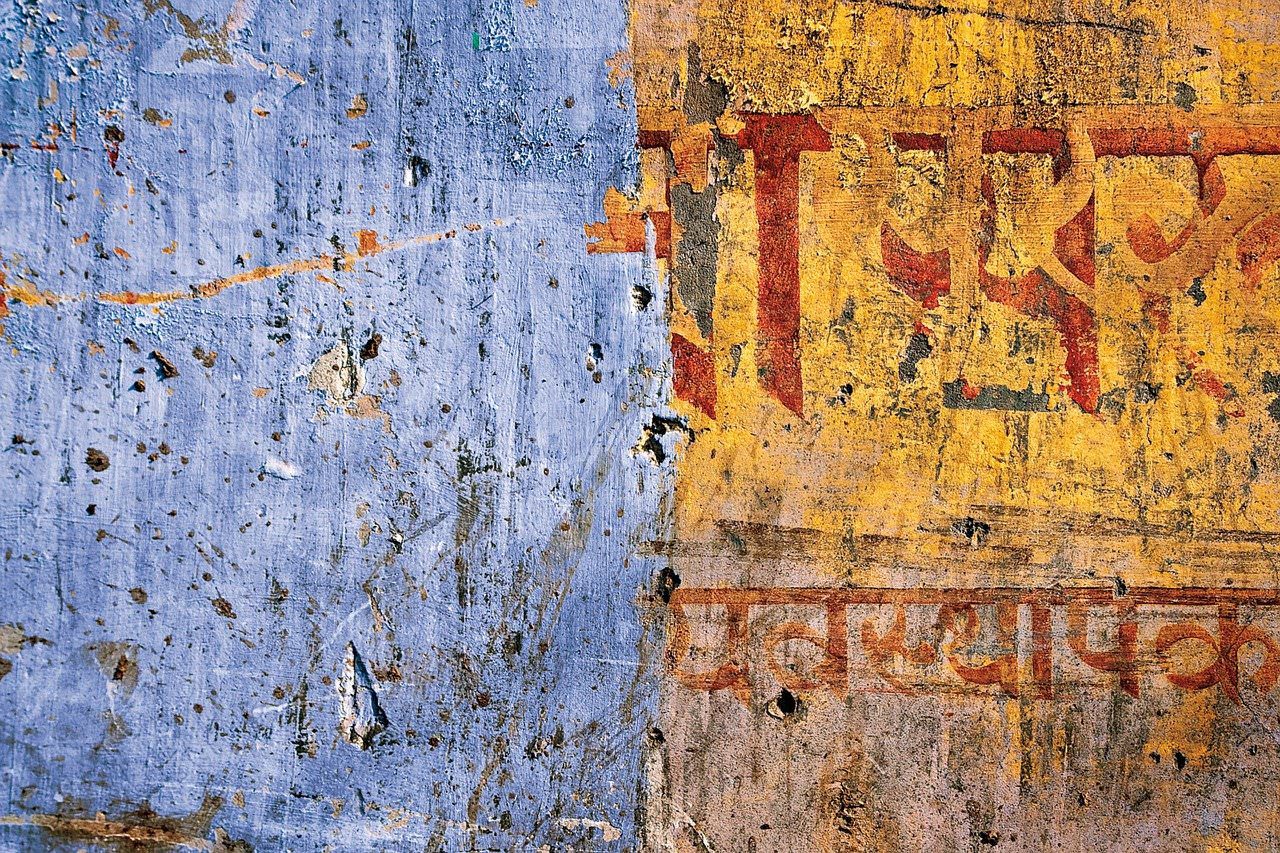
By Kalpana Mohanty, Doctorate of Philosophy ‘25
Through the Mittal Institute’s student grant program, I studied Hindi intensively — four times a week — for three months during the summer. I’ve grown up around people who speak Hindi in my time living in Delhi during high school, but because I went to an international school (where the only foreign languages offered were Spanish and French), I never learned it formally.
In a household with a Tamilian mother and a Bengali father, the common language at home was English. As a result, I had an asymmetric grasp of Hindi where I was able to understand the language almost fluently, but unable to speak it back with the same fluency. My three months of intermediate Hindi lessons at Zabaan, suggested by Professor Maya Jasanoff, was incredibly valuable in helping me rectify this. In those three months, I was able to solidify my grammatical understanding of Hindi, expand my vocabulary, and improve my pronunciation and ability to read Devanagari script.
This knowledge of Hindi is incredibly important to me not only as a member of the South Asian diaspora, but also as someone who studies South Asian history. While my period of focus is late colonial, and many of the archives I use are written by administrators of the Raj and therefore are in English, an in-depth knowledge of Hindi will be essential to my empirical research.
My research aims to investigate the unexplored connection between disability, gender, and colonialism in South Asia. I hope to unearth insights about the nature of stigma, bodily difference, and community in South Asia. I would like to demonstrate that in South Asia, as opposed to the Western World, disability is also a social identity rather than only a medical or political one.
I will conduct my empirical research by examining textual accounts of traditional Indian medicine and public health records of medicine and psychiatry, as well as diaries and memoirs of people with disabilities in India. Because many of these sources will be written in Hindi, it will be necessary for me to have an academic grasp of Hindi and an ability to read the Devanagari script with fluency. I will also look at conceptions of disability in Indian mythology, and census records that illustrate how disability has been defined. In terms of British sources, written documents left behind by British employees and families of the Raj have not yet been examined for their depiction of medical or bodily difference.
Hindi will also play a major role in my ability to conduct research in the archive. My archives are located in Britain and in India, particularly in the British Library collections and the National Archives of India. In order to properly engage with the sources in the National Archives of India, it will be important for me to have an academic understanding of Hindi.
It will also be necessary for me to be able to communicate in Hindi verbally well enough to work with a variety of scholars and archivists to explain the parameters of my research. In historical research, it is often through knowing and communicating thoroughly with others in the field that one finds the best archival material.
By learning Hindi over the summer, I hope to give voice not just to British sources on disability, but to Indian voices — ones that are so often ignored and form the basis for a progressive and meaningful understanding of disability history in South Asia.
